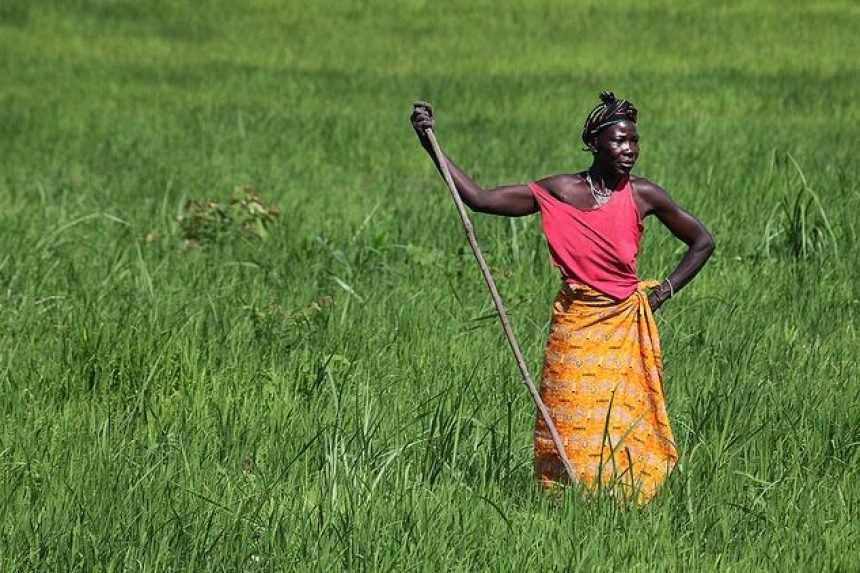Following the passage of the Gender Equality and Women’s Empowerment 2020 bill, which gives women the same rights as men to own, lease, or purchase land in the West African nation, women in Sierra Leone have experienced more victories.
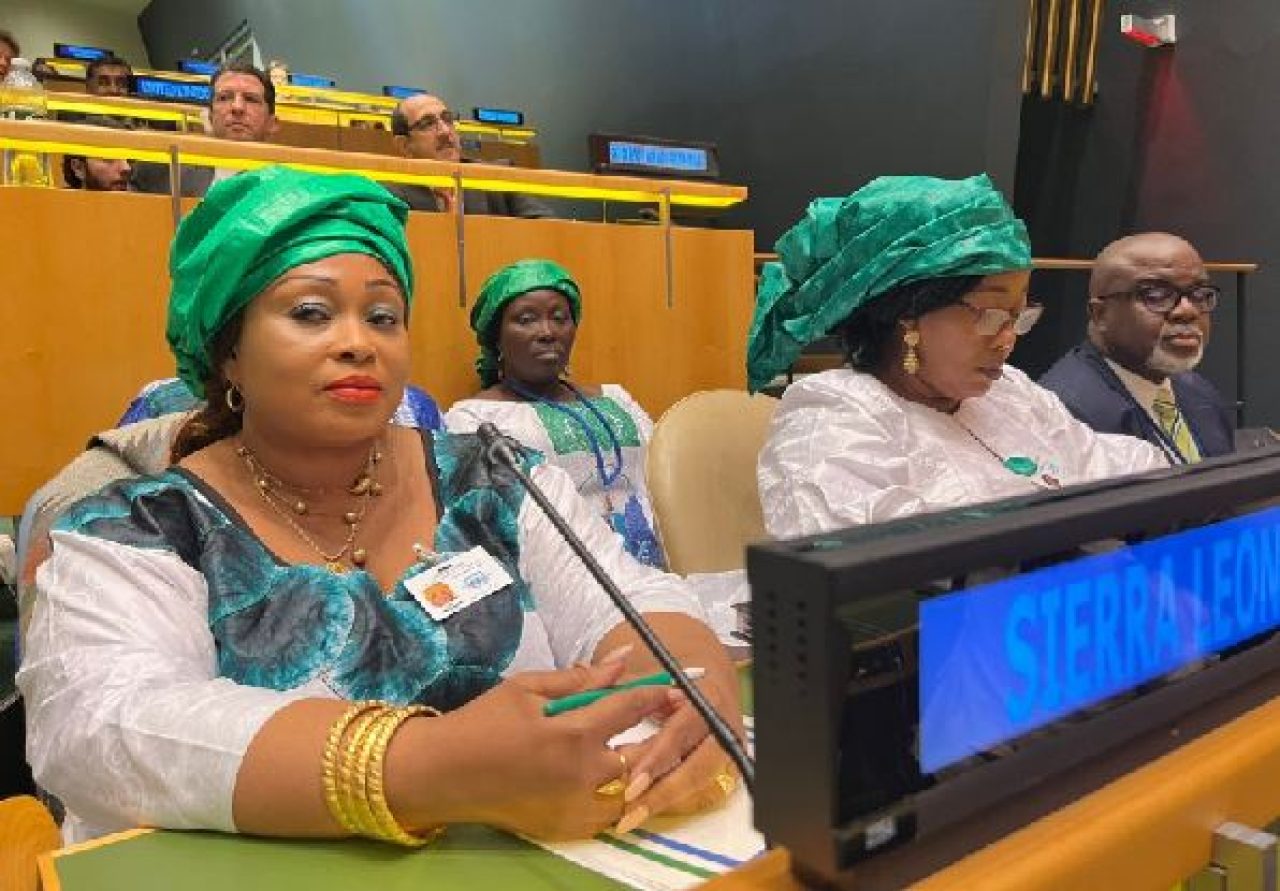
For women in Sierra Leone, the new law, which put an end to a six-decade fight against the inequality in women’s rights, is a positive step forwards.
On January 19, President Julius Maada Bio signed into law the Customary Land Rights Act 2022 and the Gender Equality and Women’s Empowerment 2020 bill.
For women in Sierra Leone, the new law, which put an end to a six-decade fight against the inequality in women’s rights, is a positive step forwards.
On January 19, President Julius Maada Bio signed into law the Customary Land Rights Act 2022 and the Gender Equality and Women’s Empowerment 2020 bill.
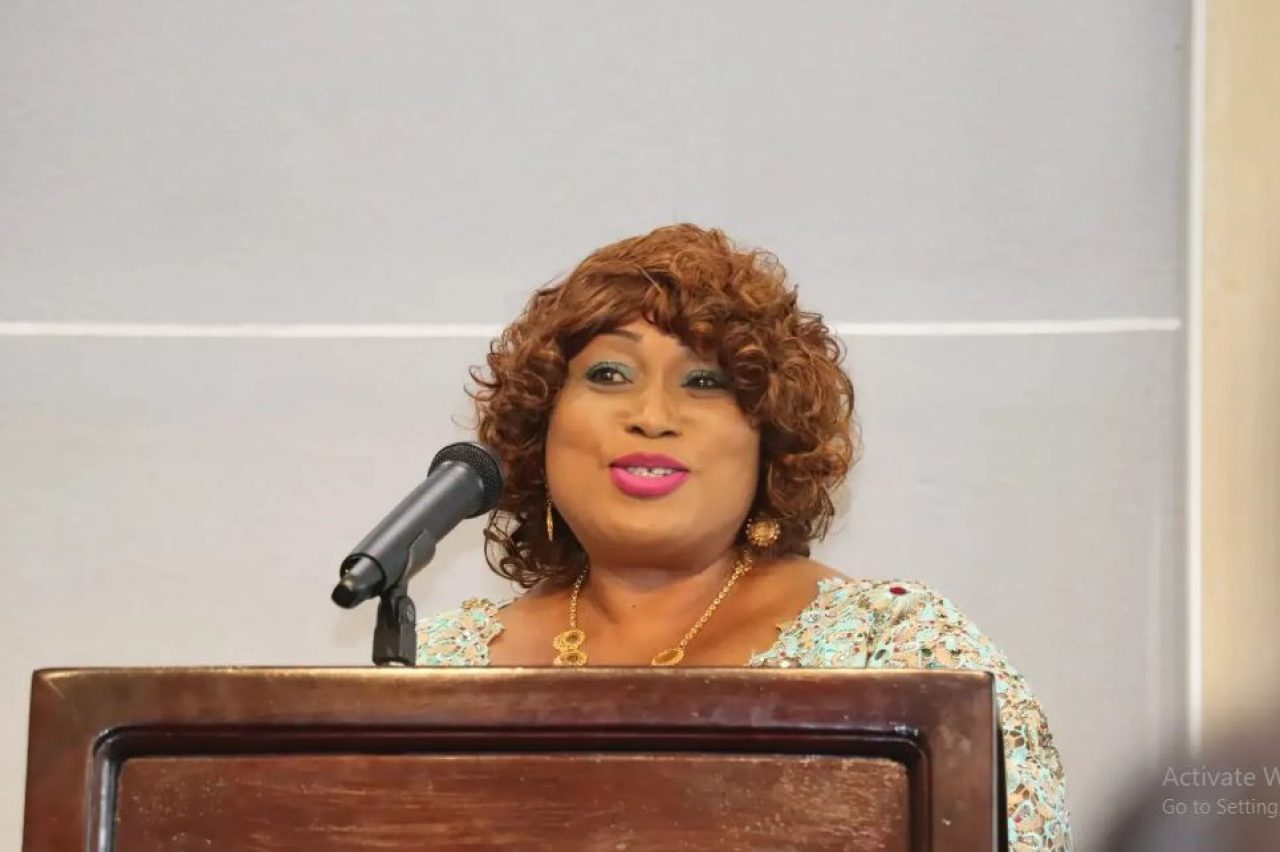
The new law gave women more rights in addition to land ownership rights, including the ability to be appointed paramount chiefs, 30% constituency seats in each district, 30% ward seats in each locality, 30% minimum appointment to public office at each level or category of governance, 30% minimum of all employees in a public/private organisation, 30% minimum at decision-making levels within any organisation, and equal pay for equal work.
The Gender Equality and Women’s Empowerment Law explicitly prescribes that a “person who discriminates in providing access to financial services or resources, based on gender or any other grounds commits an offense and is liable on conviction to a fine of not less than 50,000,000.00 Leones or to imprisonment for a term not less than financial services or resources, based on gender or any other grounds 5 years or to both such fine and imprisonment.”
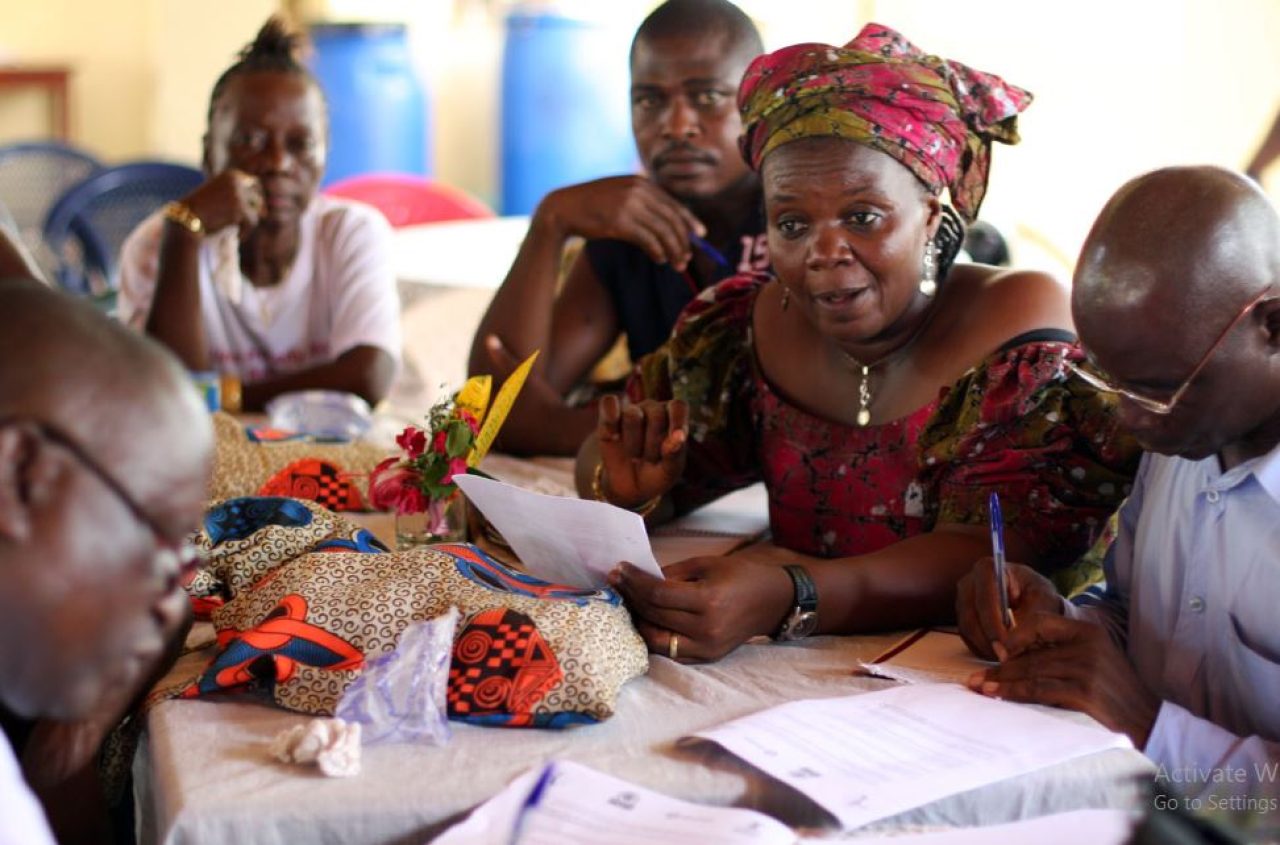
“Where a political party fails to comply with subsection (1) – 30% constituency seat in each district, the Electoral Commission shall reject the party’s list of candidates.”
Women make up 52% of the population of Sierra Leone, and almost 70% of them live in rural areas.
The bulk of people who live in rural areas rely on agriculture for their livelihood. As a result, practically every rural household continues to place a high priority on issues related to land ownership, tenure, and inheritance rights.
These problems are linked to a system of traditional law that has legitimized pervasive gender discrimination.
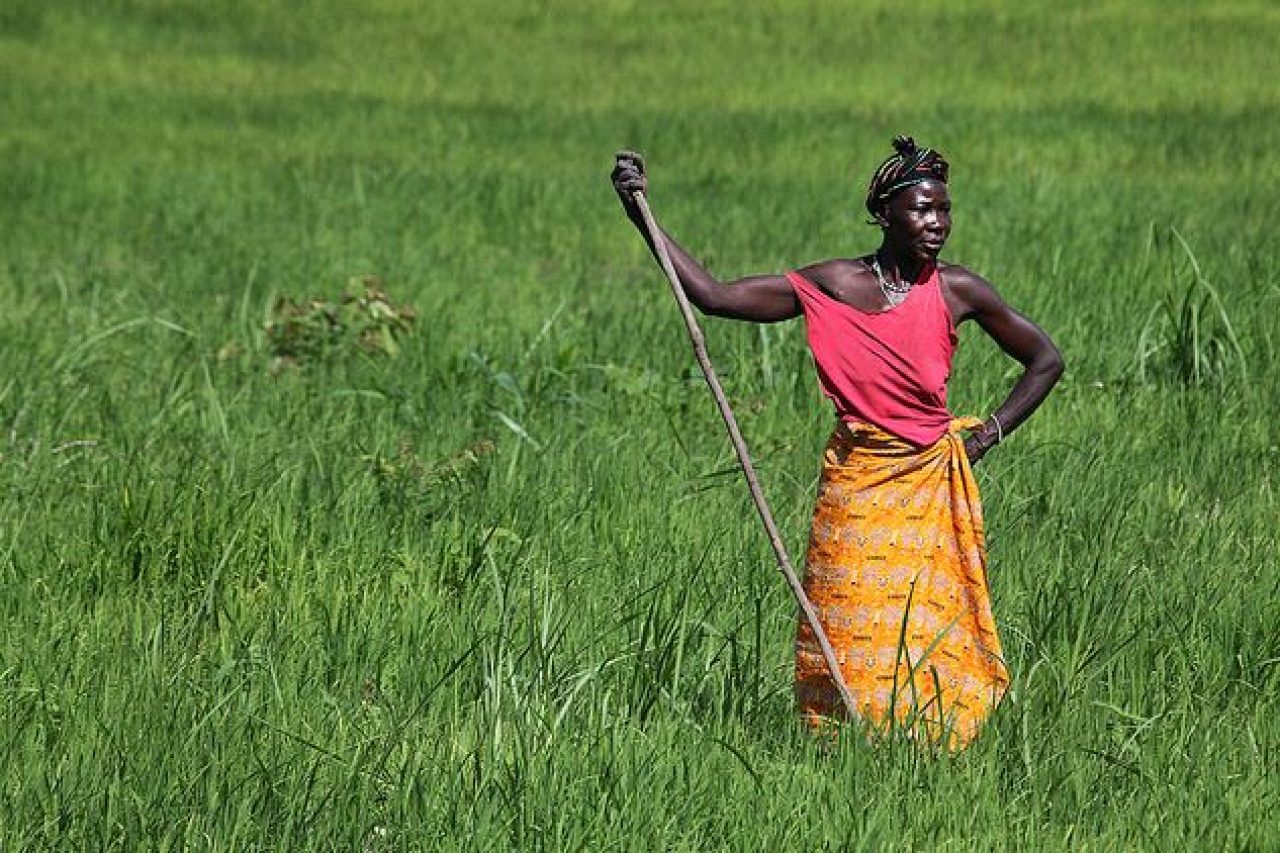
Before the enactment of the Law, 83% of the land properties belonged to family units, and customs required that the eldest male in a family should hold the land in trust or with a paternal guardian.
This was one of the most significant issues that women and girls face, for example, dispossession of their land in the death of a husband, where the customary marriage wasn’t formally registered.
But thanks to years of work from women’s organisations, the Ministry of Gender, the Office of the First Lady, and UN Women, the legislation draught was first introduced in 2021 and later changed in the months before it was finally passed on January 19.
According to Freetown-based fashion designer Maryam Kaika, men provide the biggest obstacle to women’s ability to own land. They will try everything to reclaim the territory, she said.
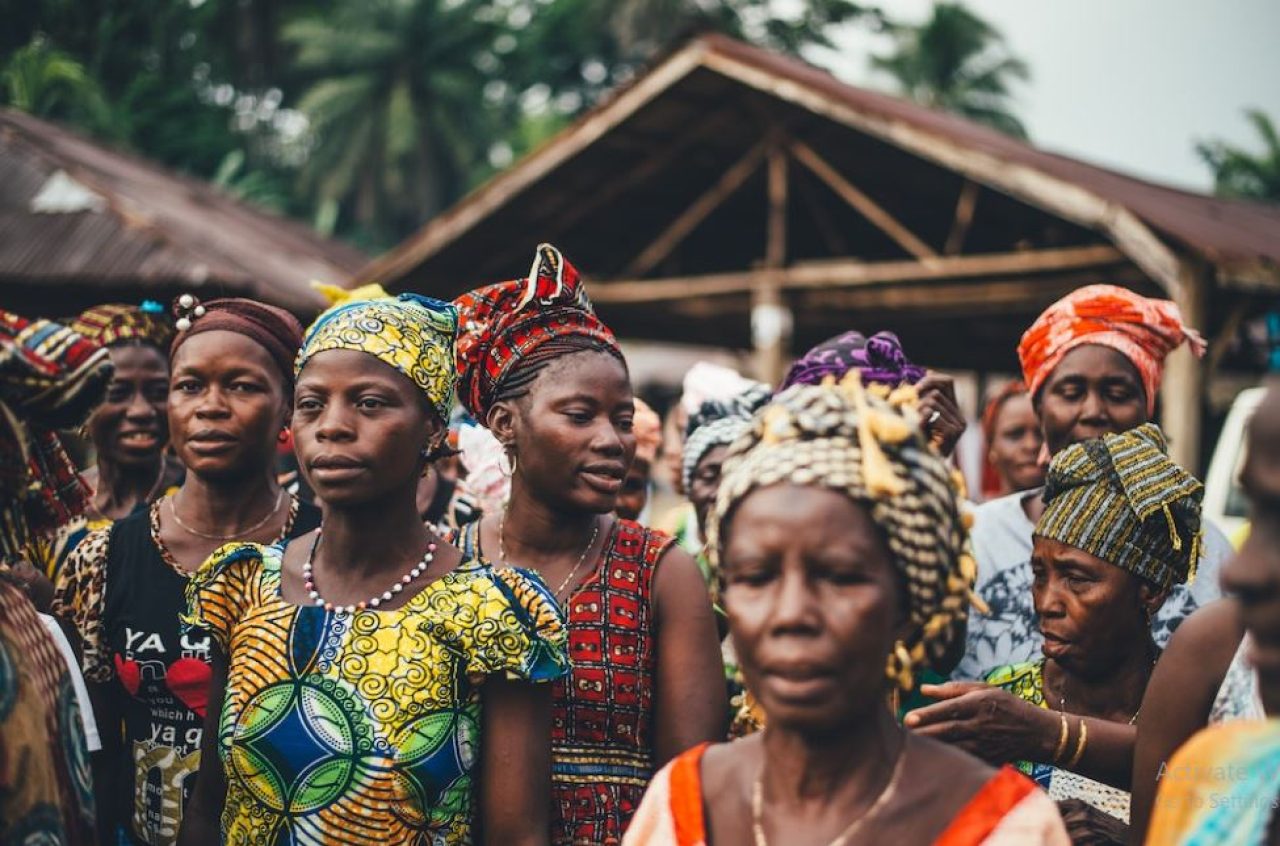
Sally Adams, the president of Women’s Forum Sierra Leone, praised the President’s dedication to gender equality and declared that “women will now be part of the land committees in their communities.”
Manty Tarawall, the minister of gender in Sierra Leone, claimed that men’s views and mindsets have been steadily shifting in recent years, opening the door for more conversation on gender issues.
“We have overcome the significant obstacles. The topic has naturally shifted from rights-based discussion to economic growth. Those who formerly opposed are now on board. Implementation should provide fewer difficulties, according to Tarawalli. “A shift in perspective won’t happen overnight, but we’re making progress.”
